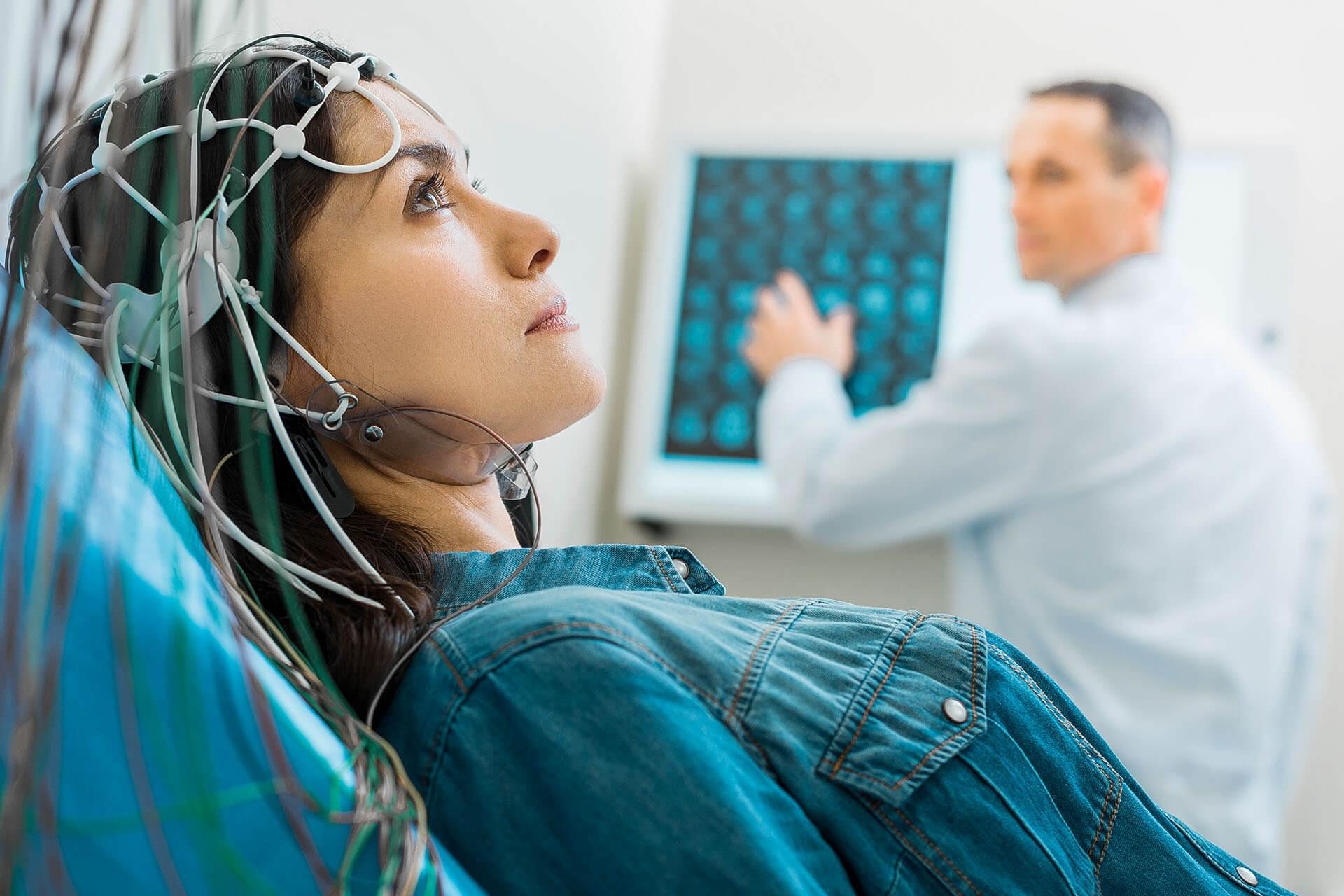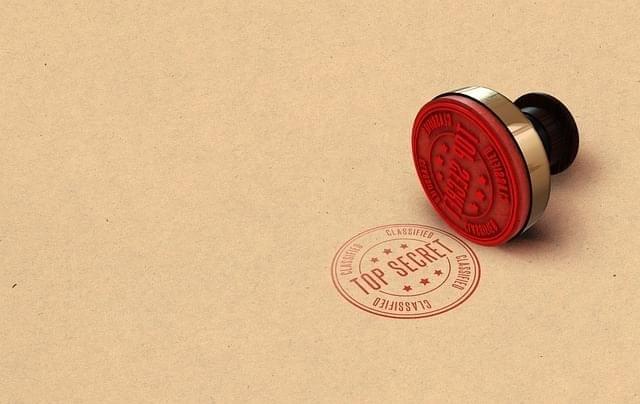7 Minute NASA Song Genius Wave Reviews: A Breakthrough in Mental Clarity and Brain Health
7 Minute NASA Song : In recent years, brain health has emerged as a crucial topic as people seek new ways to enhance cognitive function, improve memory, and reduce stress. One unique product that has captured attention is the 7 Minute NASA Song Genius Wave, an innovative sound-based therapy promising to revolutionize the way we think and focus. This audio track, allegedly inspired by NASA technology, claims to promote brainwave synchronization, improve mental clarity, and provide a host of cognitive benefits—all within a mere seven minutes.
In this article, we will dive deep into the reviews of the 7 Minute NASA Song Genius Wave, exploring its features, benefits, customer feedback, and how this sound therapy stacks up against other cognitive enhancement tools.
What Is the 7 Minute NASA Song Genius Wave?
The 7 Minute NASA Song Genius Wave is a specially designed audio track that reportedly leverages advanced sound frequencies to enhance cognitive function. According to its creators, the track uses specific sound waves to align with brainwave frequencies in a process known as brainwave entrainment. This alignment is said to promote relaxation, creativity, and mental sharpness.
The claim that it is inspired by NASA’s technological insights into sound waves adds an intriguing scientific touch to its marketing. The key idea is that these sound frequencies stimulate brain activity, activating the brain’s natural genius state in just seven minutes.
Top American Neuroscientist:”7 Minute Nasa Song”Activates Your Superbrain
How Does It Work?
The science behind the 7 Minute NASA Song Genius Wave revolves around brainwave synchronization. Our brains emit different types of waves depending on our mental state. These waves include:
- Beta waves (13-30 Hz) for active thinking and concentration
- Alpha waves (8-12 Hz) for relaxation and calm
- Theta waves (4-7 Hz) for deep meditation and creativity
- Delta waves (0.5-4 Hz) for deep sleep and healing
The 7 Minute NASA Song Genius Wave is designed to guide the listener’s brain into specific wave frequencies, helping the user access deeper levels of concentration, relaxation, and mental clarity. By listening to this track regularly, users are believed to experience long-term cognitive enhancement, improved focus, and reduced stress.
Benefits of the 7 Minute NASA Song Genius Wave
According to numerous reviews, the benefits of the 7 Minute NASA Song Genius Wave are profound. Here’s a breakdown of the key advantages users report:
1. Enhanced Focus and Concentration
Many users highlight that the audio track has dramatically improved their ability to focus, especially during tasks that require deep concentration. The brainwave synchronization is said to put the mind in a highly alert yet calm state, allowing users to power through complex tasks with ease.
2. Reduced Stress and Anxiety
Stress and anxiety are common in today’s fast-paced world. Reviews mention that listening to the 7 Minute NASA Song Genius Wave has helped users manage stress, providing a relaxing escape from the daily grind. The track’s ability to tune into alpha and theta waves promotes deep relaxation, making it easier to unwind.
3. Improved Memory and Cognitive Function
Many reviewers praise the track’s impact on memory retention and recall. By listening regularly, users report feeling sharper and better able to retain information. This could be particularly beneficial for students, professionals, or anyone looking to boost their cognitive performance.
4. Increased Creativity
A standout benefit mentioned by numerous users is a boost in creative thinking. The 7 Minute NASA Song Genius Wave reportedly taps into the brain’s theta waves, a state often associated with deep creativity and brainstorming. Users have claimed that their problem-solving skills and idea generation improved after using the track.
5. Quick and Convenient
One of the most praised aspects of the 7 Minute NASA Song Genius Wave is its time efficiency. Users love that they only need seven minutes a day to experience benefits, making it easy to incorporate into their daily routines.
What Customers Are Saying: Reviews of the 7 Minute NASA Song Genius Wave
Let’s dive into actual user reviews to get a closer look at how the 7 Minute NASA Song Genius Wave has impacted people’s lives. We gathered reviews from various platforms, highlighting both the positive and critical feedback to provide a balanced view.
Review 1: Sharper Focus and Stress Relief
“As someone who constantly struggles to focus, especially when I’m stressed, the 7 Minute NASA Song Genius Wave has been a game changer. I’ve been using it for two weeks now, and I can confidently say my concentration has improved significantly. I used to procrastinate a lot, but now I feel more grounded and able to tackle my to-do list with ease. I also noticed that my stress levels are down. I listen to the track during my lunch breaks, and it helps me reset for the second half of my day. Definitely worth trying if you need a productivity boost.” — Michael P.
Review 2: A Creative Spark
“I work in a creative field, and sometimes I hit a mental block. The 7 Minute NASA Song Genius Wave has been a lifesaver for me during those times. It’s like it sparks my brain into action, and suddenly I’m flooded with ideas. I also feel more relaxed, so it’s not just that I’m more creative, but I’m also able to think more clearly. It’s incredible how just a short track can make such a difference. Highly recommend it to anyone needing to break through creative blocks.” — Laura G.
Review 3: Cognitive Boost in Daily Life
“I was skeptical at first, but I decided to give it a shot after reading about the science behind brainwave synchronization. After using the 7 Minute NASA Song Genius Wave for about a month, I can honestly say I’ve noticed improvements in my memory and daily performance. I feel sharper, and I’m able to recall details more easily during work meetings. It’s like my brain is functioning at a higher level. If you’re looking for an easy way to improve your mental performance, this is it.” — Sarah W.
Review 4: A Quick Mental Refresh
“The best part of this product is how quick it is. I listen to the 7 Minute NASA Song Genius Wave when I need a mental reset, and it works every time. I often play it after a long day or when I’m switching between tasks. It’s a great way to clear my mind and prepare for what’s next. I highly recommend this to anyone with a busy schedule who needs a fast, effective way to boost brain power.” — Kevin M.
Review 5: Didn’t Work for Me
“I’ve been using the 7 Minute NASA Song Genius Wave for two weeks, but unfortunately, I haven’t noticed any changes. I’ve tried listening at different times of the day, but I still feel the same. It might work for others, but for me, it didn’t have the desired effect. I might try sticking with it a little longer, but I’m not sure if it’s worth continuing.” — Emily T.
Comparisons with Other Cognitive Enhancement Tools
The cognitive enhancement market is filled with options, ranging from supplements to brain training apps. So, how does the 7 Minute NASA Song Genius Wave compare?
- Supplements: While many brain-boosting supplements take weeks to show results, the Genius Wave offers an almost immediate effect. However, supplements may provide longer-lasting changes by physically altering neurotransmitter levels.
- Brain Training Apps: Apps like Lumosity provide games to challenge the brain, but they require daily use and commitment. The Genius Wave, on the other hand, only takes seven minutes and is much less mentally demanding.
Is the 7 Minute NASA Song Genius Wave Worth It?
For those looking for a quick and easy way to enhance cognitive performance, the 7 Minute NASA Song Genius Wave seems to offer a promising solution. With positive reviews praising its ability to improve focus, reduce stress, and boost creativity, it appears to be an accessible option for many. However, as with any product, individual results may vary, and some users may not experience the same level of benefits.
If you’re someone who wants to improve mental clarity and overall brain function without spending hours in meditation or taking supplements, the 7 Minute NASA Song Genius Wave could be worth a try. Its time efficiency and convenience make it a unique option in the cognitive enhancement space.
Conclusion
In a world where mental performance and brain health are becoming increasingly important, products like the 7 Minute NASA Song Genius Wave are gaining traction for their potential to optimize cognitive function. With a unique blend of sound frequencies and NASA-inspired technology, this audio track has made a name for itself among those seeking quick, convenient brainpower boosts.
Whether it’s enhancing focus, reducing stress, or sparking creativity, the 7 Minute NASA Song Genius Wave has received praise from many users. Though it may not work for everyone, it offers an innovative approach to brainwave synchronization that may be worth exploring.
For those looking to unlock their mental potential in just a few minutes a day, the 7 Minute NASA Song Genius Wave could be the next step in their cognitive journey.
Read also










